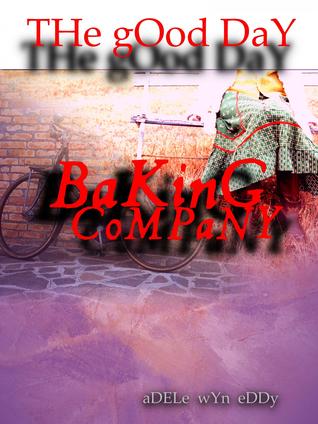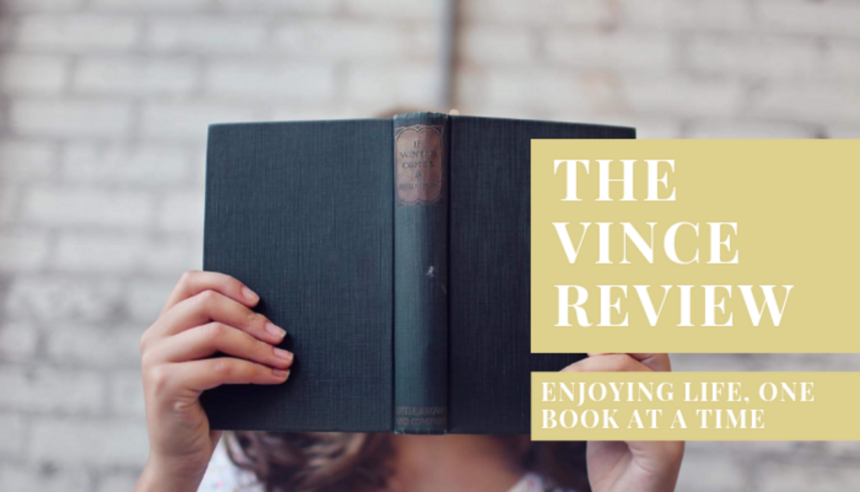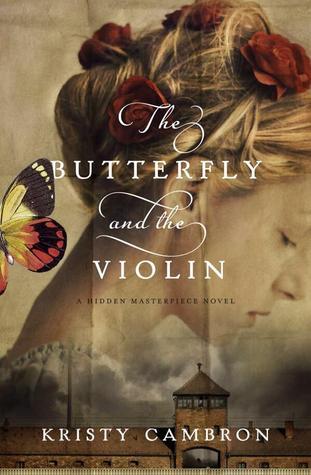I'm delighted to welcome this week's guest, my friend and fellow South Australian author, Lesley Turner. I'm sure her phenomenal story of how her writing career started will encourage and even amaze you. You may have heard of some writers rising to the occasion to fill an obvious need. This is definitely one of those stories. Welcome, Lesley.
1)
Please tell us about the
two biographies you worked on with your cousin, Ken.
I became involved with Ken’s story when he came to stay in my home in
1998. His daughter had been murdered and
it was five years before her accused killer was arrested and tried. When he was acquitted of the murder because
of a lack of evidence to convict, Ken felt that a grave injustice had occurred
and was looking into a Civil Court action for wrongful death, much like the O J Simpson case in America.
I became his sounding board and assisted him by writing letters to
politicians, judges, lawyers etc. and researching legal matters pertaining to the
case. There had been no precedent in Australia at that time. ‘Halfway to Justice,’ released
by New Holland Publishers Australia in March 2005, was written for the trade
market. Ken had publicly forgiven the
killer and although not ignoring the forgiveness factor, we did not
specifically focus on it. It became
evident that a Christian version needed to be written so, ‘The Power of
Forgiveness,’ was released by the same publisher in February 2009.
‘Halfway to Justice’ didn’t end well, but we were not to know at the time
that God was not finished with this story.
The first book ended after Ken, who had become very ill with chronic
fatigue syndrome compounded by post-traumatic stress disorder, was forced to
abort the civil action. I started to write
‘The Power of Forgiveness’ a few weeks after the first book launch. It was essentially the same story minus some
of the not so nice content, plus a lot more about forgiveness; what that looks
like in the context of a horrendous event.
I was having great difficulty ending the second book but God had the
ending all planned out. Without giving
it away, in case anyone reading this would like to borrow it from the library,
the final twist arrived.
(I'd like to add that I have 'The Power of Forgiveness' on my bookshelf. It's a tremendous testimony, after all the hard work.)
2)
You were daunted, at the
outset, when Ken asked you to consider helping. That’s easy to understand, for
a project of such magnitude. Can you share any God-incidences along the path
which confirmed that you were on the right track?
There were many more God-incidences than I have room for here but the
following two instances confirmed it for me.
Firstly, I thought Ken had lost his mind asking me in the first place. I’d never contemplated ever writing a book
even though I had been an avid reader most of my life. We were walking one day when he posed the
question and asked me to pray about it.
I did that, all the while questioning God’s (and Ken’s) sanity in placing
this challenge before me. Early one
morning, about 6 weeks later, I woke up with a splitting headache. After swallowing too many headache pills to
no effect, I was driven to my knees begging God to take the headache away. I found myself yelling out, ‘Okay, okay, I’ll
write the book.’ Instantly the headache
was gone. Later that morning, while out
walking, Ken dragged me over to a bench, sat me down and asked me if I’d
thought about whether I would write the book or not. I said, ‘Funny about that,’ and proceeded to
tell him what had happened earlier that day.
His response: ‘Oh good! I was
walking on the beach yesterday and He told me to ask you again.’ Ken had not said a word since he’d initially
asked the question, giving me plenty of time and space. Needless to say we were both gob-smacked. God’s sense of humour never ceases to amaze
me.
Secondly, the documents needed to research a story of this magnitude are
notoriously difficult to get. Ken
discovered that the cost of photocopying the criminal trial transcript (809
pages) was so prohibitive, he couldn’t afford it. He left the prosecutor’s office downhearted. The following week a messenger service
delivered a brown paper parcel to the unit where he was staying. It contained the complete trial transcript,
but no return address so he couldn’t even thank the sender. This was before I became involved and was the
first document I read (even before I’d agreed to write the book or knew
anything about Ken’s desire to have his book written). While I was researching and writing, it
became obvious that I needed so much more.
Witness statements, police running sheets into the investigation, the
committal trial transcript, the civil action transcript, the coroner’s report,
photographs from the crime scene and the autopsy, letters to and fro from the
legal eagles involved in all facets of the case and so much more became
available without any cost to us. Only
God could have orchestrated these things and His timing was magnificent.
(All I can say is, "Wow")
3)
Are you able to share a bit
about the biography you are working on at the moment? What tips do you have for
writers who may love the idea of helping others share their true stories, but
have cold feet?
My current WIP is about a friend who was writing her story when diagnosed
with multiple melanomas which metastasized, taking over her whole body. A divorced mother of four in her late forties
she followed the call of God and became a missionary when doors opened for
training. She had no money, little or no
education, and no idea what God had in store for her. Literally on a wing and a prayer, she flew
to Brazil with her youngest daughter where she set up an orphanage for girls who
were consigned to the streets of Belo Horizonte because their parents (living in shanty
towns or Brazilian ghettos) couldn’t afford to keep them. Sixteen girls were rescued, fed, educated,
given medical help and shown much love. She
also became an advocate in the Brazilian courts for children being adopted into
families around the world. She returned to Australia after suffering a stroke and continued in ministry
to the marginalised people of our society until she died in 2010. She was a testimony of the extraordinary
things that God can do with someone who loves Jesus and will say, ‘Here I am, send
me.’
My advice for others who may feel like they want to write true stories
but may have cold feet is that you will never know what God can do through you
unless you give it a go. People struggle
with decisions which may just need someone’s story to help them make that
decision. If you feel God is calling you
to write in this genre, He will equip and empower you if you trust in Him. God won’t ask you to do something and then
leave you alone. Fix your eyes on Jesus
and go for it and look for people or groups who can help you.
4)
You also feel called to
encourage other writers, and you co-lead a writing support group. Do you have
suggestions for others who may want to start similar groups? What works for you
and what doesn’t?
I’d recommend that every writer becoming involved a group of like-minded
people. Our group runs from my
church. Two friends and I started it
around 2007/2008 and we discuss reading, writing, editing and almost anything
related to writing/reading. We have
guests periodically, whose stories encourage our members in their own journey. Paula has spoken at our group.
One of our original members, who was on the verge of giving up her dream
to become a published author was so encouraged by my story that she decided to
give it one more shot. With some
assistance from members of the group she became a published author. I’ve had the privilege of editing her second
manuscript a few months ago.
We meet for a couple of hours after church on the first Sunday of the
month. We’ve facilitated a couple of
workshops and a four session course about the journey into writing. It gives me such a buzz to be involved in helping
others to experience the very best they can out of their God-given gift. For me, it’s tithing the gift God has given me
– paying it forward.
(I loved my afternoon with this group. Their enthusiasm and support for each other shines out.)
5)
It goes without saying that
you never would have agreed to Ken’s request if you hadn’t been a lifelong
reader with love and respect for the power of the written word. Do you remember
what first hooked you on reading?
I thank God for parents who encouraged me to read from a very young
age. I still have the book of Bible
stories that Mum read from. I’d decided
to become a nurse when I grew up (which never happened) and I remember a series
of about 12 books about a nurse that Mum, Dad and my grandparents gave to me
for Christmas and birthdays until I had them all. Later, as a teenager I graduated to forensic
pathology and crime stories, both fiction and non-fiction. Although I devoured almost any book I could
get my hands on, true crime, fiction crime, biographies and autobiographies
were particular favourites.
When I discovered John Grisham I thought I’d died and gone to reading
heaven. I own a copy of every book he has ever written and have read many of
them several times. I also enjoy Lynn
Austin’s books amongst other authors too numerous to mention.
Since becoming an author I have purposefully broadened my horizons to
encompass other genres. I’m loving the
work of Aussie Christian authors that I’ve discovered through Christian Writers
Downunder, Facebook and other groups. My
TBR pile never seems to reduce much but please keep writing my writer friends,
so I won’t ever run out of reading material.
(My the best thing about TBR piles. We never really want them to shrink. Thank you, Lesley, for coming and sharing your writing journey and encouragement ministry with us.)
Thank you Paula for some great questions and the opportunity to share my journey.
Lesley is a single-again mother of two children and six grandchildren. She volunteers at her local church as an administration assistant. Lesley has had two books published, both biographical and co-leads a writing support group at her church. She is an avid reader and loves to help other writers by encouraging, editing, reviewing or using her experiences to assist where needed. Her current WIP is another biography and she has plans to start writing a devotional in the near future.





































